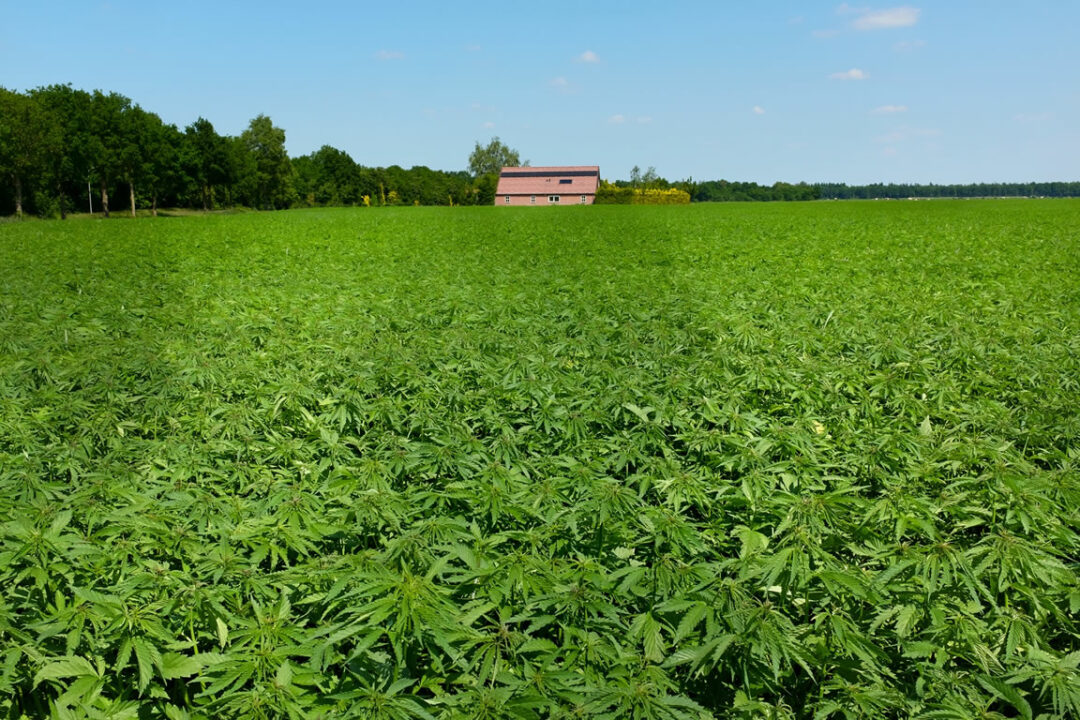
DEA Issues New Drug Code Causing Confusion About CBD's Legal Status

Up until now, CBD has been freely marketed across state lines, sold online and in stores under the assumption that it is legal because they contain less that 0.3 of tetrahydrocannabinols (THC), the psychoactive compound of cannabis. Not so, apparently. In response to a comment asking if an extract solely composed of CBD (ie.no THC) will fall under this drug code, DEA states:
“For practical purposes, all extracts that contain CBD will also contain at least small amounts of other cannabinoids.[1] However, if it were possible to produce from the cannabis plant an extract that contained only CBD and no other cannabinoids, such an extract would fall within the new drug code 7350. In view of this comment, the regulatory text accompanying new drug code 7350 has been modified slightly to make clear that it includes cannabis extracts that contain only one cannabinoid.”
It would be reasonable to construe this as DEA criminalizing CBD. The Hemp Industries Association (HIA), Summerland, CA challenges DEA’s notion that CBD was under Schedule I prior to this Final Rule and states that they lack the authority to change the legal status of CBD, which can only done by Congress of the Attorney General. “The ruling is based on an incorrect and incomplete understanding of how CBD is derived from the cannabis plant,” explains HIA. “While CBD may be derived from forms of cannabis that contain high amounts of THC...CBD may also be produced from industrial hemp plants that meet the legal standards of less than 0.3% THC by dry weight, and which may be cultivated in 32 states in the U.S. per Sec. 7606 of the Farm Bill, the Legitimacy of Industrial Hemp Research amendment.”
While DEA defines marijuana extracts as “containing one or more cannabinoids that has been derived fromanyplant of the genus Cannabis [emphasis added],” HIA also points out that this rule as been in the works for five years and was published as a proposed rule before the Farm Bill and that proposed rule did not mention CBD or hemp. Ultimately, the consequences of this Final Rule are unclear, but HIA urges consumers, businesses and retailers to not panic. “It’s important to understand that this Final Rule does not change the legal status of hemp derived CBD,” said Eric Steenstra, executive director of HIA in a press release. “Cannabidiol is not listed on the federal schedule of controlled substances, and the DEA has no authority whatsoever to impede the production, processing or sale of hemp products, including CBD products, grown under the Farm Bill.”

The editorial team at WholeFoods Magazine has decades of experiences reporting on natural products industry news, trends, and more. This national, monthly business-to-business magazine has been published continuously for nearly 40 years (the magazine was founded in 1977, and has been owned by Wainer Finest Communications since 1984). It is the longest-tenured media outlet of its kind in the natural products industry. The editorial focus at WholeFoods Magazine is, and always has been, on informing and educating members of the natural products industry.
The Magazine
Information
About Us
NOTE: WholeFoods Magazine is a business-to-business publication. Information on this site should not be considered medical advice or a way to diagnose or treat any disease or illness. Always seek the advice of a medical professional before making lifestyle changes, including taking a dietary supplement. The opinions expressed by contributors and experts quoted in articles are not necessarily those of the publisher or editors of WholeFoods.







